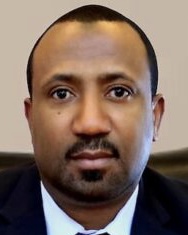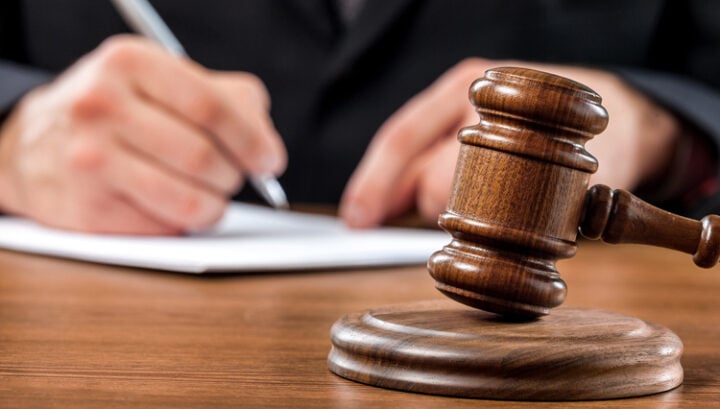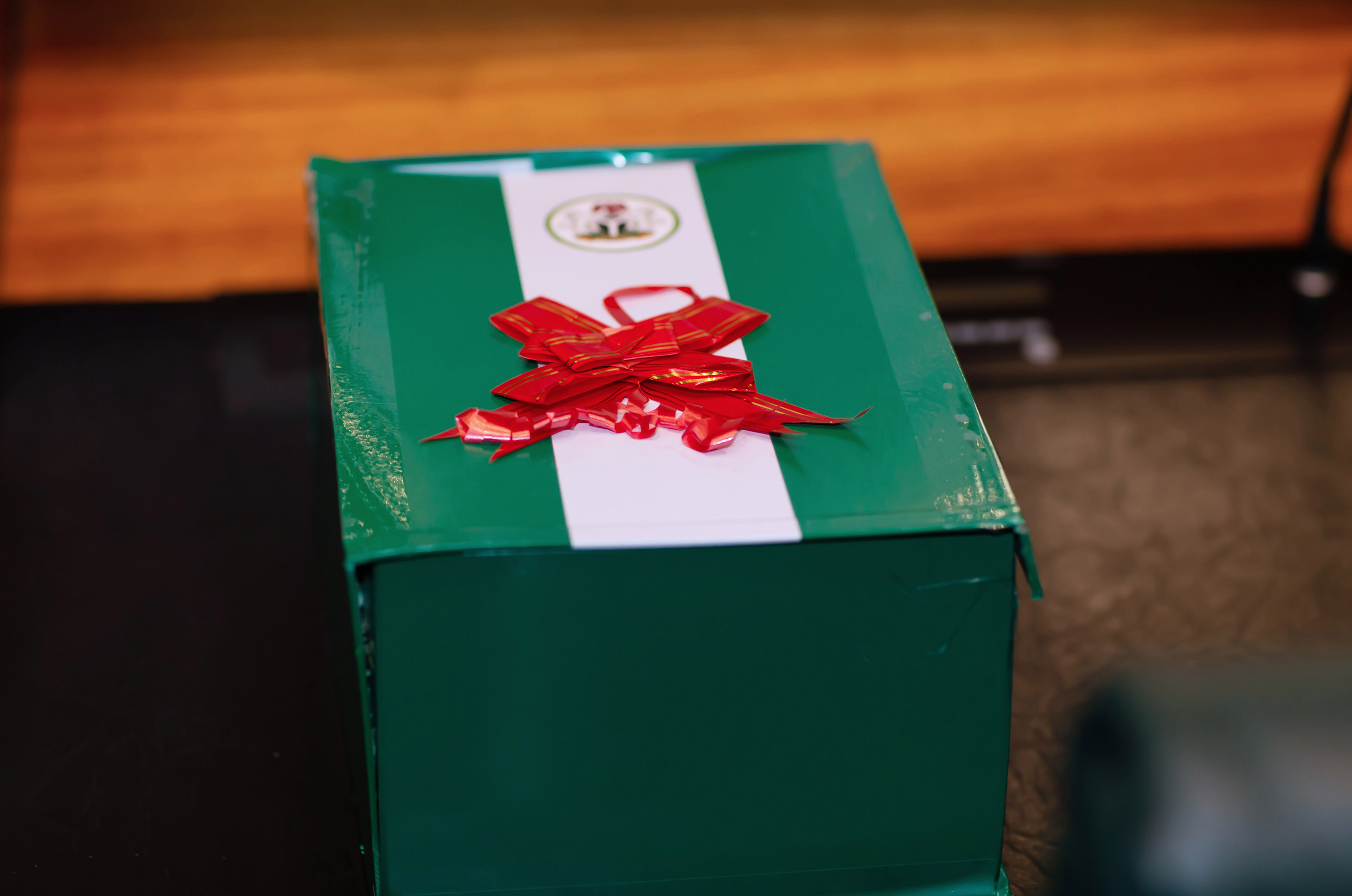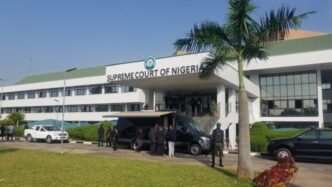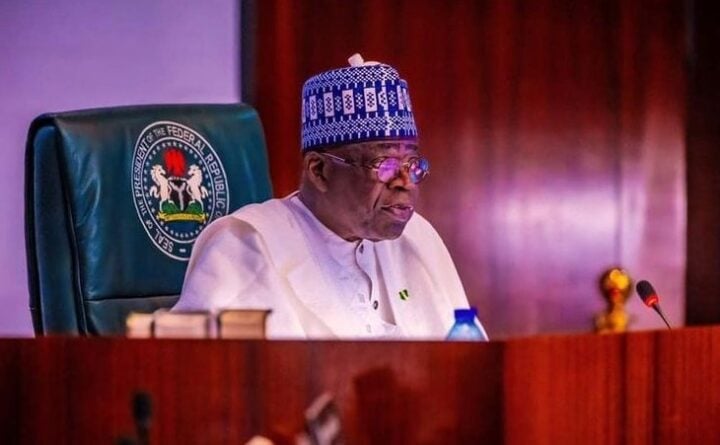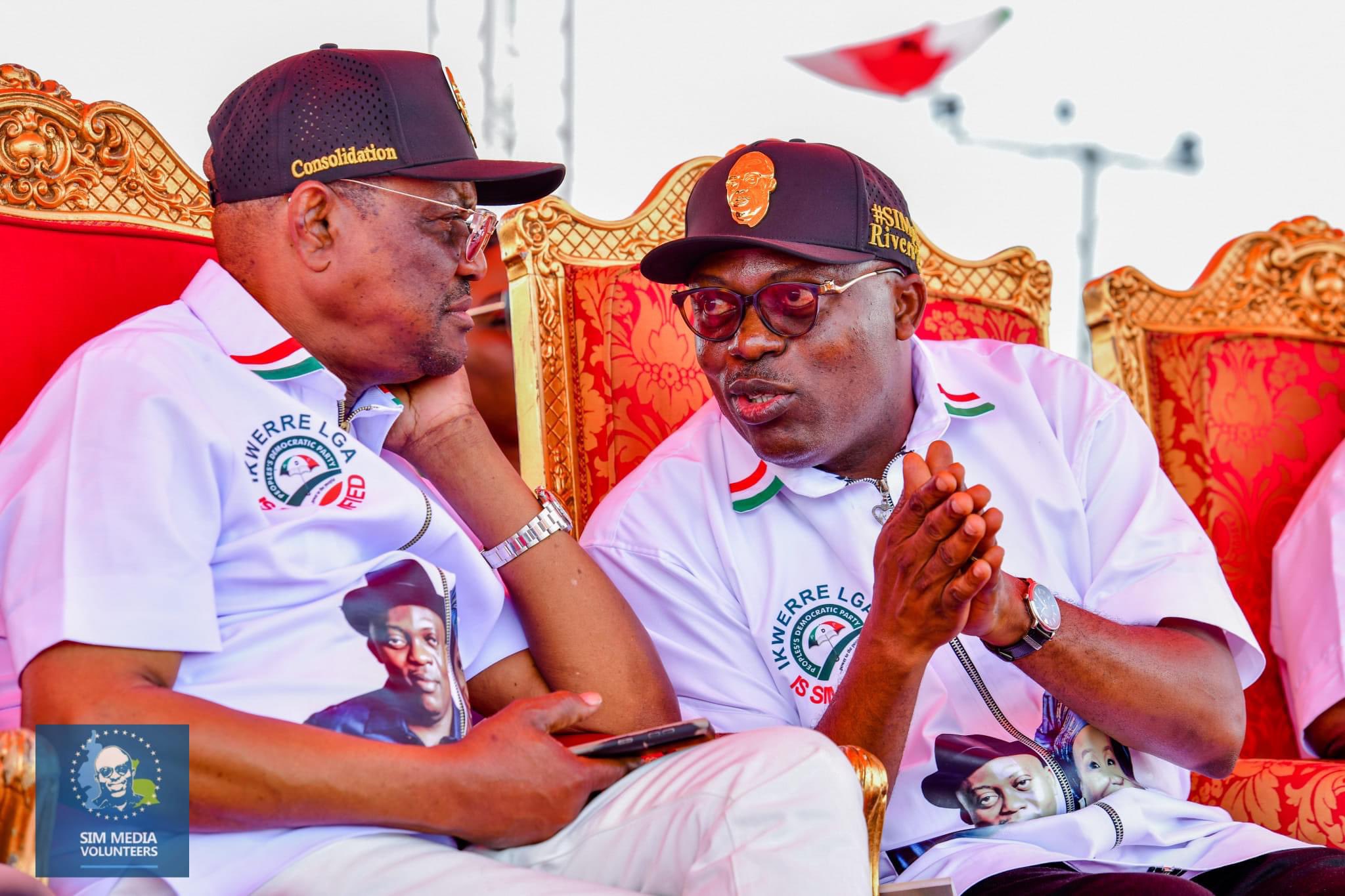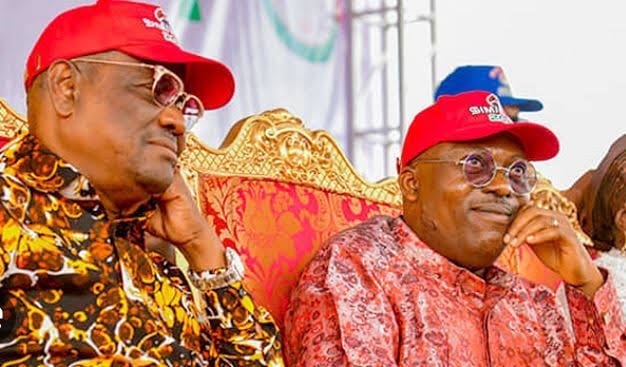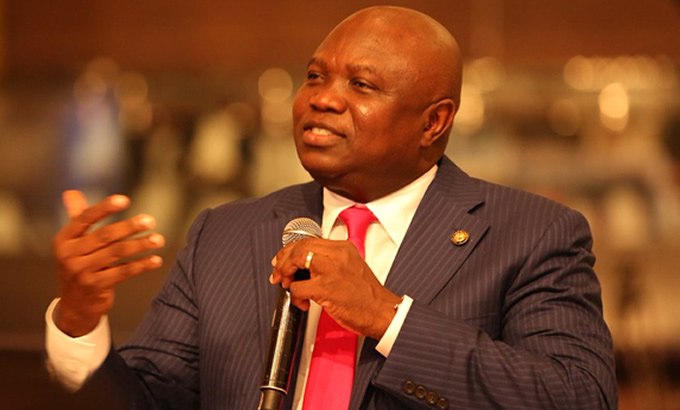Victory is claimed by all, failure to one alone. – Tacitus
The story of the P&ID case would require a book to detail the intermingling of several diabolical elements of grand corruption, fraud, negligence of duty, money laundering, poor due diligence, and treason against Nigeria. We hope those who know the truth about the heist will hasten to give us a detailed book on this intriguing subject someday. The relief of the moment is that Nigeria just got saved from parting with the colossal sum of $11 billion on something that should not have started in the first place, but for the reality that the system is riddled with some public servants who are bent on conniving with fraudulent businessmen to short-change Nigeria, especially over the past few decades.
It was gratifying to see a statement from the present government, where the Minister of Information was quoted as stating that, “The government of President Bola Tinubu inherited it but dealt with it judiciously and expeditiously. It ensured that all legal mechanisms were put in place to get us to win that case.” Segun Adeniyi also attributed the success of the government on the case to former Vice President Yemi Osinbajo, in which he exhibited the details of memos exchanged with then Attorney- General Abubakar Malami.
It is important to highlight the options tabled by Malami to Osinbajo. As it is common with most of our cases in a similar fashion, the first approach was to negotiate a settlement. Although it may have appeared to be a viable option, the problem is that this always seems like the one option to serve as an avenue for other ‘settlements’ of public officials. It is like the standard way we give out contracts. Bidders are told to make submissions when the preferred bidder is already known. The preferred bidder is told to submit three companies to ensure that the administrative requirements are met. As such, that is what happens when you table three options to the president but make a persuasive case for the first option – to go for settlement.
Advertisement
The second option was to undertake a ‘forensic and extensive examination of the original contract to discover loopholes to upset or vary the award.’ The merit of this was said to be that a loophole might be discovered such as, for example, fraud, technical grounds, or a conflict of interest of the arbitrators. The other option was to inquire whether an investigation by the EFCC could translate to something positive.
What they clearly did not want to mention or admit to was that all energies were focused on option one. It was the EFCC under Ibrahim Magu that formed a team led by Bala Sanga, Abba Mohammed, Ekele Iheanacho and Umar Babangida, who thoroughly explored options two and three, and then went on to prove criminal cases against some of the foot soldiers, since the big ones were simply too big to touch. Vice President Osinbajo may have provided the political support but that waned down the moment he stopped being acting president. Once President Buhari came back from his temporary leave of office, the villians regrouped and did everything possible to scuttle the EFCC process. Hence, it is shocking that the media aides of the former president also released a statement congratulating Nigeria on triumphing in the case.
Indeed, if P&ID dreaded anything, it was the EFCC team that Ibrahim Magu set up. Allegedly, certain escaped officials of P&ID vowed that given a gun, with a single bullet, Bala Sanga, who they called a mad dog, would be their target. This was not long in coming to pass, albeit not literally, as the EFCC team was disbanded with the exit of Mr Magu from office, but after protracted protests, it was reassembled on a smaller scale, with a few of the prior core members surviving the odds to see the matter to an end. Where others wavered, the core team remained resilient. Where others fled, the core team stood its ground. Where others were weak, the core team believed in the strategy it developed from day one and was deploying. Where others advised settlement, the core team advised against negotiation with criminal elements.
Advertisement
If the EFCC got any support, it was from the Central Bank of Nigeria, which would bear the primary brunt of the appropriation of Nigeria’s assets in the case of a court victory for PI&D. Besides, the CBN had the capacity to finance the cost of the litigation. All other parties were either aloof or interested in settlement, as the government had done in all past cases of judgement debts. Even though they might not like it, the EFCC and CBN saved the nation, and they should be commended for defying the then Attorney-General for the sake of the national interest.
The judgment of Justice Robin Knowles, in uncertain terms, defined the ignoble role of the Federal Ministry of Justice and the then Attorney-General, Abubakar Malami in the matter. The case of Nigeria rested on a tripod, that Michael Quinn perjured before the Arbitral Tribunal, that the underlying contract was tainted by fraud and that Nigeria’s counsel at the Arbitral Tribunal comprised the matter. What most observers have kept trumpeting is that Nigeria’s Counsel before the arbitral tribunal was cleared of the fraud. However, the reasoning behind any clearance, if any, was premised on the fact that Mr Malami continued to give arbitration related briefs to the said counsel, despite the allegations of corruption hanging on him.
Meanwhile, it is widely speculated in informed circles that all the people who were involved in the heist are known but nothing has been done to bring them to account for their active participation in the organised crime. I will therefore remind the Minister of Information that on 24th May, barely five days to the end of President Buhari’s tenure, he sent a request to the Senate to approve the payment of judgement debts awarded by different courts against the Federal Government, which summed up to $556 million; £98 million and N226 billion. The Federal Ministry of Justice wanted to ensure it left no unpaid judgement debt for the incoming government. They were so in love with the country they did not want to exit and leave such a burden.
Why were they alleged to have frustrated the P&ID model in similar cases, instead of rushing to pay? They should also be reminded of a similar settlement with Global Steel Infrastructure, in which a huge amount was paid, despite the objection raised by then Minister of Works Fashola, who had contended that there was no breach of contract and hence no need for settlement. The list of grand and egregious heists perpetrated against Nigeria and her citizens is probably a lot longer that we think or imagine. We await the new Attorney-General to do the needful for the sake of God and Country.
Advertisement
Yakubu writes from Center for Fiscal Transparency and serves on the Board of the United Nations Convention against Corruption Coalition.
Views expressed by contributors are strictly personal and not of TheCable.
Add a comment
